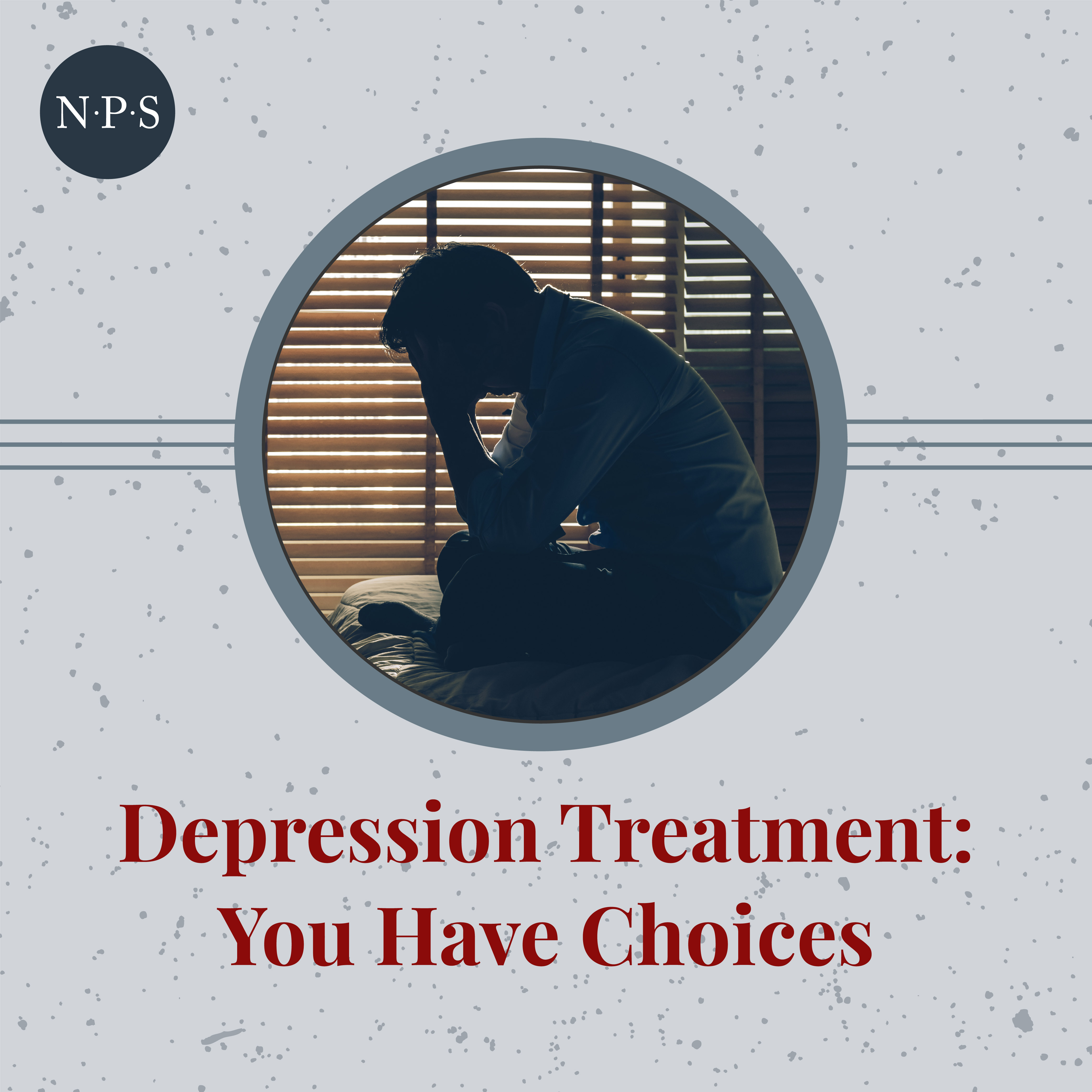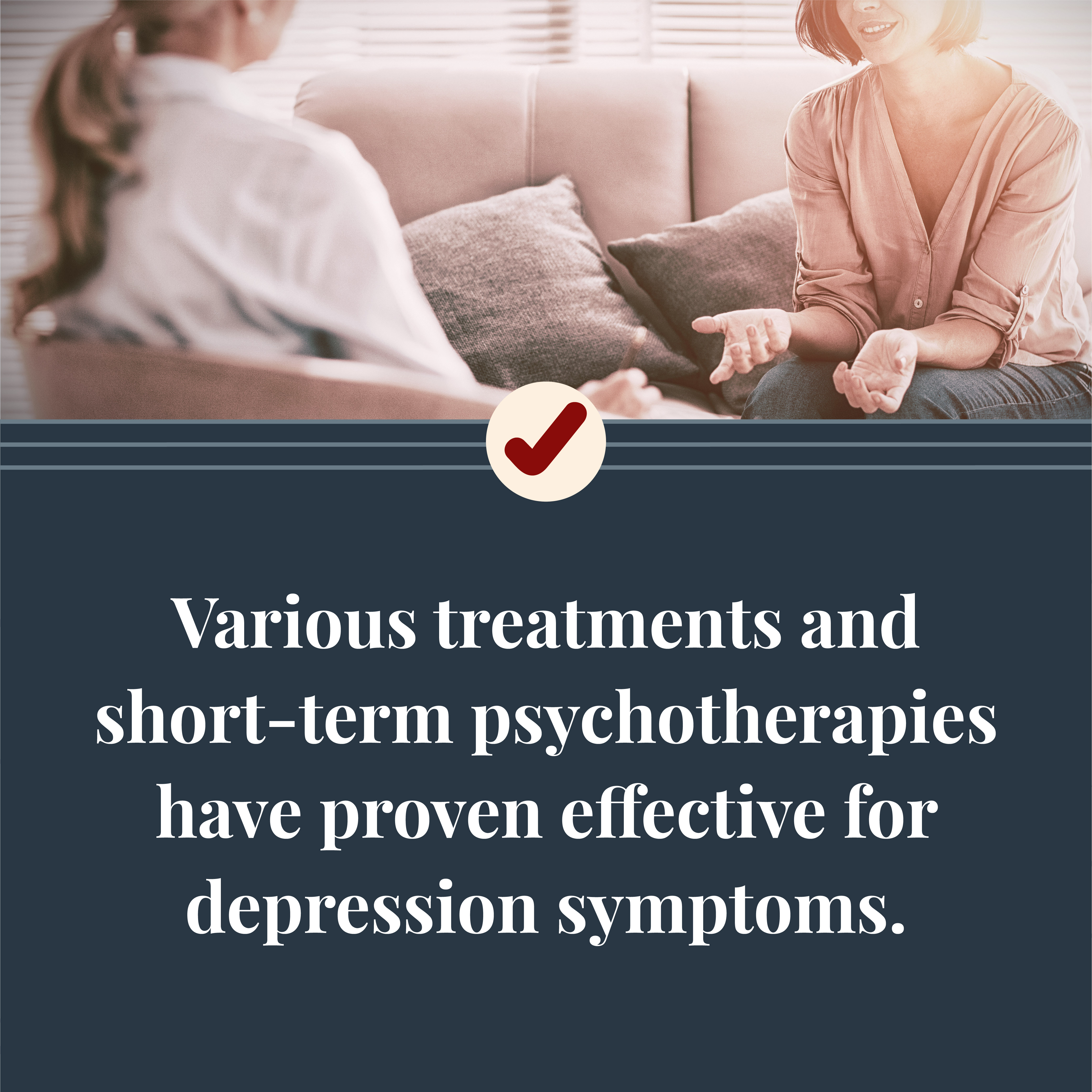How Your Gut Microbiome Affects Your Mood
Gut health and mental health may seem as though they are worlds apart. But the more we learn about the human microbiome, the better we understand that the chemicals produced by our body’s microorganisms affect our brains.
And there are a lot of microorganisms living in our digestive systems–including viruses, bacteria, archaea, fungi, and more. This is likely a big part of the reason why sufferers of IBS and ulcerative colitis are at higher risk of anxiety and depression. When the gut is in turmoil, the brain suffers.
While there is still a lot to learn about the relationship between gut and brain, one thing is clear: the two systems are deeply, inexorably connected. Learning how to take care of the health of one system may have a drastic effect on the other.
What Is the Gut Microbiome?
The term “microbiome” refers to a community of microorganisms living together in one habitat. So, the gut microbiome refers to all the microscopic organisms that live within the average digestive system. The average person holds around 100 trillion microorganisms in their gut, which is about 10 times more than the number of microorganisms found in the rest of the body.
Needless to say, these microorganisms have an effect on one another and on their environment as a whole. Usually, the relationship between a digestive system and its microorganisms is symbiotic. The gut provides shelter and food for the microorganisms and they in return provide helpful services for the body.
For example, bacteria in the gut help to break down food and ensure the body gets the nutrients it needs. They also help train the immune system to identify helpful and harmful microbes. And, importantly, they help stimulate (and sometimes produce) neurotransmitters which send chemical signals to the brain.
That said, a gut microbiome can sometimes experience what’s called “dysbiosis”–or, an unbalanced or unhealthy state. Different forms of “dysbiosis” include the loss of beneficial bacteria, reduced diversity in bacteria, or a surplus of harmful bacteria. Most often, one of these forms will eventually lead to an occurrence of all three. Poor dietary choices, exposure to harmful chemicals, and an inactive lifestyle are a few factors that can lead to “dysbiosis.”
How Does the Gut Microbiome Affect Your Mood?
With all of this in mind, you may still wonder how exactly those microorganisms affect your mood. Remember, the gut microbiome communicates directly with the brain by helping to stimulate and produce neurotransmitters. That includes chemicals like serotonin, which is known to directly affect mood, sleep, appetite, learning, memory, and other important functions.
If you or a loved one have ever taken SSRI (or selective serotonin reuptake inhibitor) as an antidepressant, you know that some of the most common side effects are gastrointestinal. Diarrhea, constipation, and nausea are common side effects because of the direct link between the brain and the digestive tract via neurotransmitters. This relationship is often referred to as the brain-gut axis.
Which Mental Health Disorders Are Affected by Your Gut Health?
Now that we have the complicated biochemistry out of the way, let’s return to mental health. It’s not a coincidence that both mental health disorders and digestive health issues are on the rise. Here are just a few of the conditions that may be affected by gut health:
1. Depression
Of course, we know now that poor gut health can affect the production of serotonin and disrupt mood regulation. You should also know that an unhealthy gut may lead to increased inflammation–a condition that is also linked to depression.
2. Bipolar Disorder
Disruption of the gut microbiome may cause an increase in the severity of a person’s bipolar disorder symptoms. Preliminary evidence suggests a correlation between worsening mood swings and poor gut health.
3. ADHD
Some research indicates that individuals with ADHD have a lower diversity in their gut bacteria. This could explain why children with ADHD are at a higher risk of experiencing gastrointestinal issues like constipation, abdominal pain, and IBS.
Other mental health disorders that seem to be affected by poor gut health include obsessive-compulsive disorder, anxiety, and even schizophrenia.
How Can You Improve Your Gut Health?
It’s clear that a healthy gut should be the goal, but how do you strengthen your own unique microbiome? There are many different ways you could start, but here’s what we recommend:
Prioritize a Diverse Diet
A diverse microbiome is a healthy microbiome. And there’s no better way to heighten diversity than with a diverse diet. Vegetables and fermented foods are particularly helpful at feeding the good bacteria in your gut and decreasing inflammation.
Avoid Harmful Chemicals
Chemicals found in heavy metals, artificial sweeteners, certain food preservatives, and even antibiotics can disrupt the balance of your gut microbiome. Avoid these materials as much as possible if you’re worried about your digestive and mental health.
Stay Active
Physically active people are more likely to have healthy and diverse microbiomes. Hit the gym or schedule regular walks to improve your gut health and manage your stress at the same time!
Consider a Probiotic
Pro-biotics are a wonderful source of live gut-enhancing bacteria. But although you can find a wide-range of supplements over the counter, we recommend talking to your doctor about which strains they recommend for you first.
Get Enough Rest
It’s well known that a good night’s sleep can improve your mental health. But did you know that good sleep can improve your gut health as well? Studies show a link between disruptive sleep and disruptive gut microbiomes, so try to get at least eight hours every night!
When Is It Time to Consider Counseling?
If you believe that your gut microbiome is affecting your mood and your mental health, give NPS a call. We have a lot of experience in helping clients calibrate their brain-gut axis and can further advise you on how to find better balance. Schedule a 15-minute meet and greet to meet a member of our team and tell us more about the specific challenges you are facing. You can reach our office at (815) 477-4727. We look forward to hearing from you soon!
Are you ready to take the next step?
CONTACT US AND SCHEDULE YOUR FIRST APPOINTMENT TODAY.









